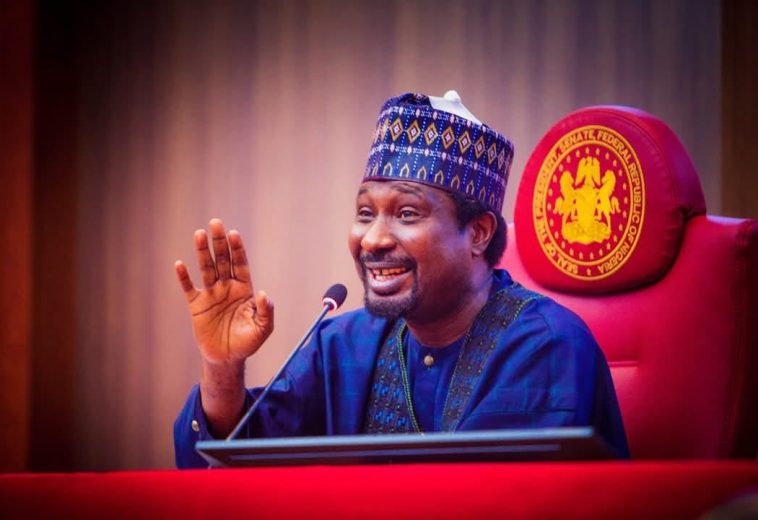In the intricate web of modern governance, two concepts often take centre stage: political stability and accountability. Both are essential for the well-being and prosperity of any nation, yet they can sometimes exist in tension. Political stability is crucial for fostering a secure environment in which economies can thrive, societies prosper, and governments enact long-term policies. Conversely, accountability ensures that those in power are held responsible for their actions, safeguarding democracy and human rights.
The challenge for many nations, particularly those with fledgling or evolving democracies, lies in finding the right balance between these two ideals. Overemphasising stability can result in authoritarianism or complacency, while excessive focus on accountability may lead to political chaos or inefficiency. In an era of rapid global change, rising populism, and increasing demands for transparency, maintaining the delicate equilibrium between political stability and accountability has never been more critical.
READ ALSO: Political Developments in Chad: Implications for Regional Stability
Political stability provides the foundation for long-term policymaking, creating a predictable environment for citizens, businesses, and investors. In stable political climates, institutions such as the judiciary, legislature, and executive branches operate effectively, executing plans for infrastructure development, economic growth, and social welfare. Politically stable nations often benefit from consistent leadership, enabling decisions to be made with the long-term needs of the nation in mind, free from the frequent disruptions caused by shifting administrations.
Accountability, on the other hand, is vital for preventing corruption, curbing abuses of power, and ensuring that public officials serve the interests of the people. In democracies, accountability is reinforced through various mechanisms: free and fair elections, an independent judiciary, a robust press, and active civil society organisations all play key roles in holding leaders answerable to the electorate.
However, accountability alone is insufficient. Without political stability, the institutions responsible for enforcing accountability may become weakened. Indeed, accountability is often viable only when political stability ensures that these institutions remain robust, operational, and free from partisan interference.
Despite their interdependence, political stability and accountability can sometimes clash. Governments prioritising stability may restrict freedom of speech, stifle political opposition, and suppress dissent in an effort to prevent unrest or instability. Conversely, demands for greater accountability can destabilise governments. In newly democratic nations or those undergoing political transitions, a push for accountability may expose systemic weaknesses, triggering public protests, power struggles, and institutional breakdowns, all of which contribute to political instability.
The Arab Spring of 2011 provides a compelling example of this tension. In countries such as Tunisia, Egypt, and Libya, widespread political instability and corruption fuelled mass protests demanding accountability from authoritarian regimes. While these movements called for democratic reforms, the subsequent power vacuums and conflicts highlighted the fragile balance between stability and accountability in transitional societies.
One of the most effective ways to reconcile political stability with accountability is through the establishment of strong, independent institutions that provide checks and balances, ensuring that stability is not used as a pretext for authoritarian control. In many successful democracies, the independence of the judiciary has been pivotal in maintaining this balance, holding leaders accountable for breaches of the law or infringements on citizens’ rights. Similarly, a free press that exposes wrongdoing without inciting violence or unrest is indispensable.
For instance, Botswana, often praised as one of Africa’s success stories, has sustained political stability for decades while fostering a strong democratic system. This has been achieved through regular elections, a transparent electoral system, and an independent judiciary. By contrast, Venezuela serves as a cautionary tale of the consequences of prioritising stability at the expense of accountability.
As the global political landscape grows increasingly complex, it is imperative for nations to adapt their governance systems to uphold both stability and accountability. Inclusive political systems that empower citizens, encourage dialogue, and enable peaceful transitions of power are essential. Political leaders must recognise that true stability is founded on trust, accountability, and adherence to the rule of law, striving to achieve a balanced approach that safeguards both ideals.




